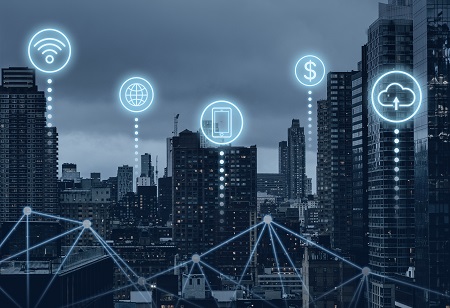
Multinational telecom equipment vendors are looking to expand their manufacturing capabilities in India as they investigate the possibility of bringing components and sub-component suppliers to the market.
The exploration is intended to support the domestic market while also meeting export-related requirements.
Analysts believe that vendors' primary goal is to diversify and reduce their reliance on China, as well as to benefit from the Production Linked Incentive (PLI) scheme's incentives.
Börje Ekholm, president and CEO of Swedish telecom equipment maker Ericsson, stated that the company is looking to build an ecosystem in India around sub-components and other sub-suppliers in order to begin exports "cost-efficiently."
"We will see exports from our production in India over time. Today we are serving the Indian market as it is a fast growth market. But over time, we will build an ecosystem in India around sub-components and other types of sub-suppliers we need. So, we will have a stronger ecosystem that will allow us also to export cost-efficiently from India," Ekholm said in a recent interaction.
Ericsson’s rival Nokia is also looking at increasing the local value addition to its production in India.
The Finnish firm switched to PLI 2.0 and increased its investment in India. Malik stated that the scheme's investment targets had already been met within two quarters, and that Nokia's Chennai factory had grown significantly.
In Chennai, Nokia has recently begun production of fibre broadband equipment, also known as OLT (optical line termination). "...we continue to investigate other products internally." The factory is one of two Nokia-owned factories worldwide...Whatever we produce here is for both domestic and export markets. We export it to the Nokia hub, which provides us with the required information. Following that, they determine where the requirement is globally. "It goes to all developed countries like the United States and Europe," Malik explained.

